Quantum Health Buzz Away Extreme Deet Free Bug Spray 2 oz
Quantum Health Buzz Away Extreme Bug Spray is a DEET-free repellant for mosquitoes, and ticks and is made with family friendly ingredients.
Why use harsh chemical products? This plant-based alternative has been proven to be an effective, DEET-Free alternative in both independent field-testing and lab research.
This innovative, non-greasy mosquito repellent utilizes a proprietary blend of plant based ingredients that work together to protect you and your family, which includes:
- Citronella Oil
- Geranium Oil
- Lemongrass Oil
- Cedarwood Oil
- A dozen other plant based carrier oils, aromatic essential oils, plant-based preservatives, and purified water
There’s no need to douse yourself with DEET. Make the switch to this DEET-free bug spray. For family friendly, reliable effects, Buzz Away Extreme® is the clear choice for you and your loved ones!
Active Ingredients:
Castor Oil (8%), Geranium Oil (6%), Soybean Oil (3%), Cedarwood Oil (1.5%), Citronella Oil (1.0%), Peppermint Oil (0.5%), Lemongrass Oil (0.25%). Inert Ingredients: (79.75% total): Purified Water, Coconut Oil, Glycerin, Lecithin, Sodium Bicarbonate, Citric Acid, Vitamin E, Wintergreen Oil.
DEET-Free Bug Spray
Finally, a DEET free bug spray that’s both plant-based and effective! Laboratory research established that Buzz Away is just as effective as many non-plant-based products. Buzz Away Extreme is the brand that families have trusted for more than a decade. That’s why Buzz Away Extreme is the leader among plant-based, DEET-free insect repellents.
The Issues With DEET
DEET is the main component in most non-plant-based repellents. DEET is a consumer-friendly name for the chemical, N,N-Diethyl-3-methylbenzamide. This chemical is very effective at repelling mosquitoes, ticks, fleas, and other biting insects. It has long been considered safe by the EPA and public health officials.
That said, there is a reason many families choose not to use DEET-based repellents, especially on their children.
There is no conclusive evidence that DEET causes health issues, but there is anecdotal evidence. DEET rapidly absorbs through the skin, and reaches the bloodstream shortly after application. It can be detected in body fluids such as plasma, blood, or urine, using the same test that hospitals use to determine if a patient was poisoned. Using a DEET product along with sunscreen (which many people do), increases DEET penetration into the bloodstream, which is why sunscreen products that also contain DEET are no longer commercially available.
In a 1998 EPA publication, the EPA reported 14 to 46 cases of potential DEET-associated seizures, 4 of which resulted in death. Additionally, a Cornell University study concluded that employees who worked in the Everglades National Park, and had extensive DEET exposure, had greater incidences of insomnia, mood disturbances, and impaired cognitive function, than what was experienced by their co-workers who had reduced DEET exposure.
DEET manufacturers recommend that people not use DEET under clothing, or on damaged skin, and they recommend thoroughly washing the product off after use. In 2002, Health Canada made products containing more than 30% DEET illegal for use in Canada, citing numerous health concerns. Health Canada also recommends that repellants with no more than 10% DEET be used on children younger than 12, and that DEET not be used at all on infants younger than 6 months.
Even if you set aside any potential health concerns, DEET is a harsh chemical by any standard. It acts as a solvent, and dissolves some watch crystals, plastics (think fishing lines, rain jackets, and tents) as well as synthetic fabrics such as rayon or spandex, and painted or varnished surfaces. Spraying a DEET based product on your car can cost you the price of a new paint job.
DEET also has a negative impact on the environment, as it is toxic to fish, and has accumulated in low concentrations in major bodies of water in North America, such as the Mississippi River. Fish seem to know that it isn’t for them, as they are repelled by DEET, which is something to consider on your next fishing trip.
Is it any surprise that many families reject DEET, and instead choose a DEET-free bug repellent? There are alternatives to DEET, but many of the DEET free insect repellents sold in conventional stores contain a different harsh chemical, permethrin. Permethrin is also considered to be safe by the EPA, but can cause nausea, headache, muscle weakness, shortness of breath, and seizures if the subject receives excessive exposure. It is also a known carcinogen, and women with infants are advised not to breastfeed when using products with permethrin in them.
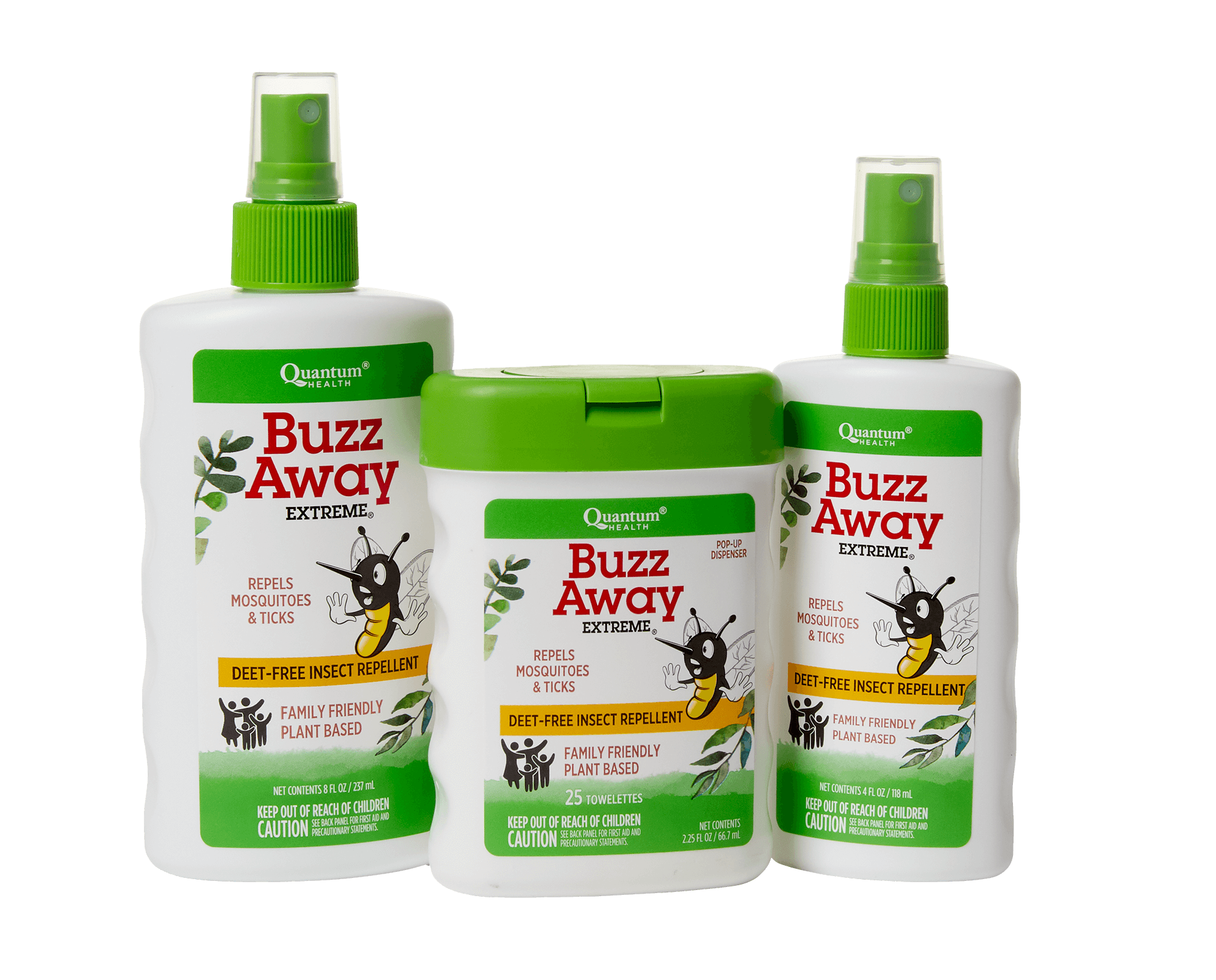
Plant-Based Protection
The best solution is an effective, non-DEET insect repellant that is also plant-based, like Buzz Away Extreme. We formulated Buzz Away Extreme to meet the needs of families who are looking for protection from mosquitoes and ticks, but don’t want to spray harsh chemicals on themselves and their children.
Buzz Away Extreme bug spray without DEET is formulated with a unique blend of plant-based oils that are scientifically shown to repel bugs. Castor oil, citronella oil, cedarwood oil, peppermint oil, and other essential oils, all work together to provide the insect repellency that has made Buzz Away Extreme the DEET-free bug spray preferred by families for years, and the top-selling plant-based non-DEET mosquito repellent in natural retail stores.
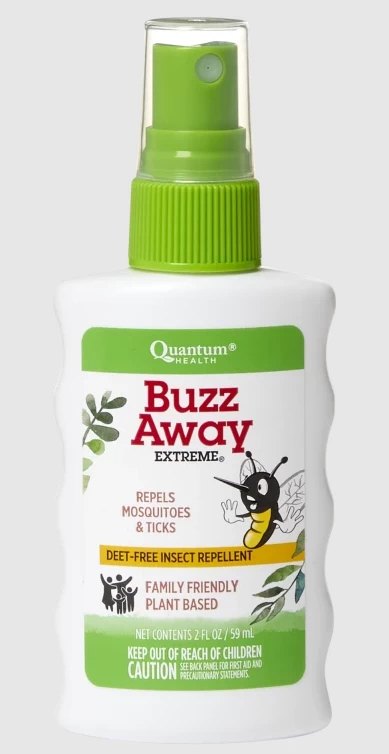
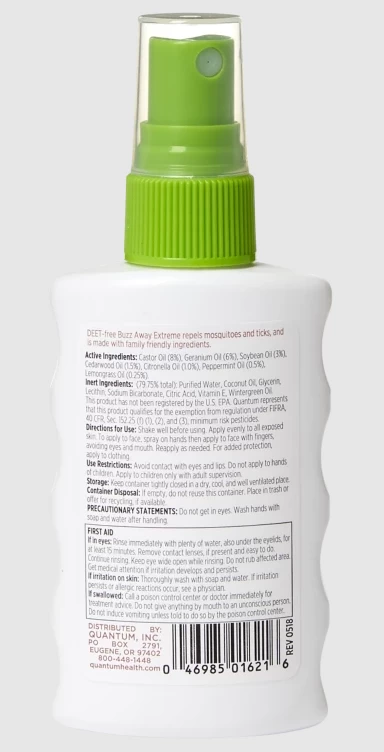
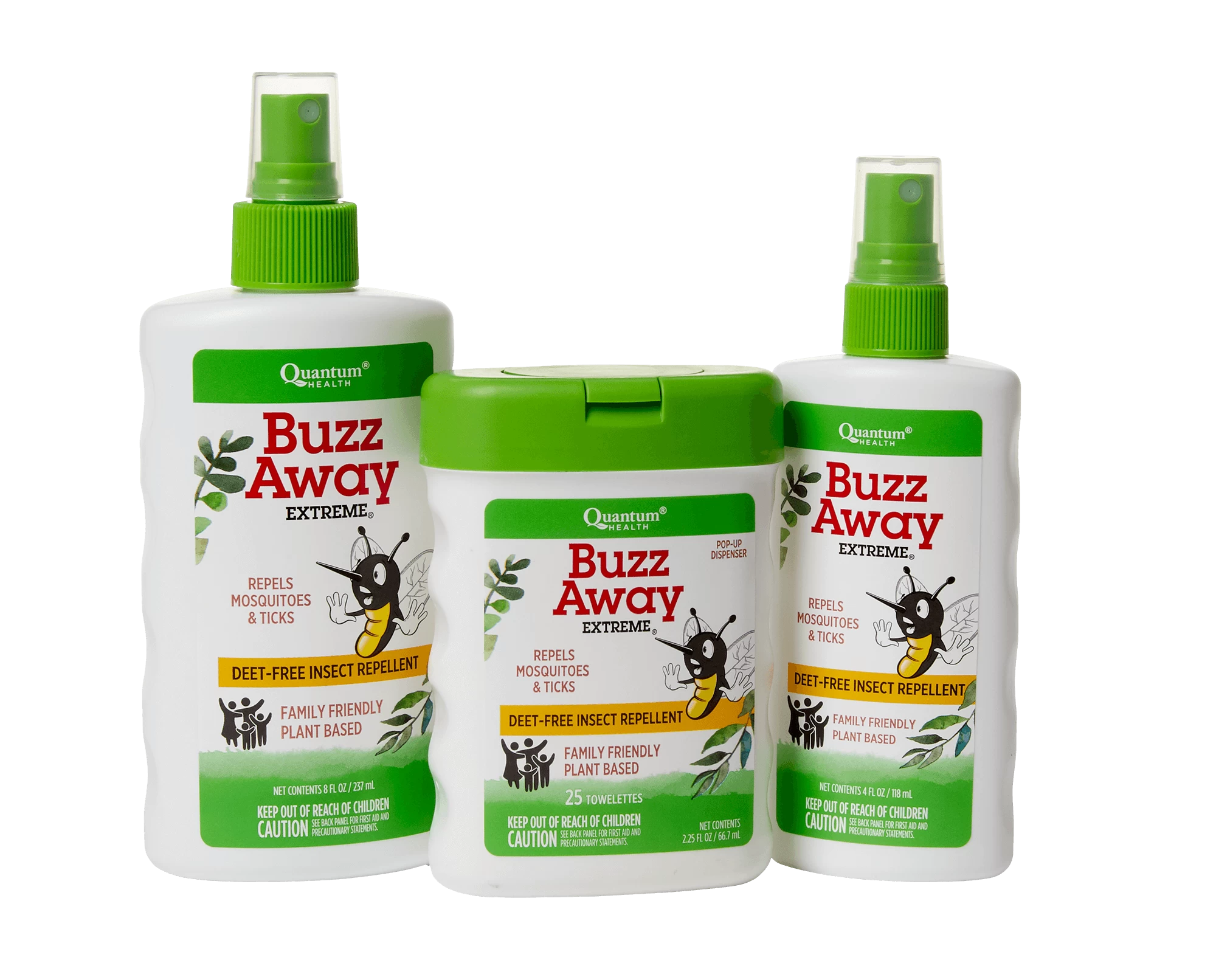
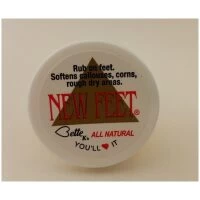
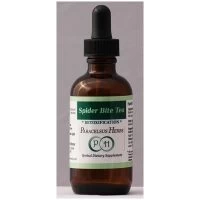
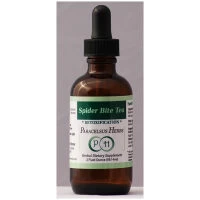
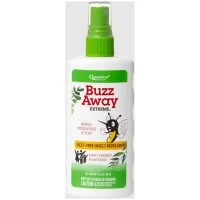
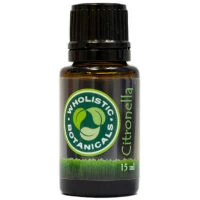
Reviews
There are no reviews yet.